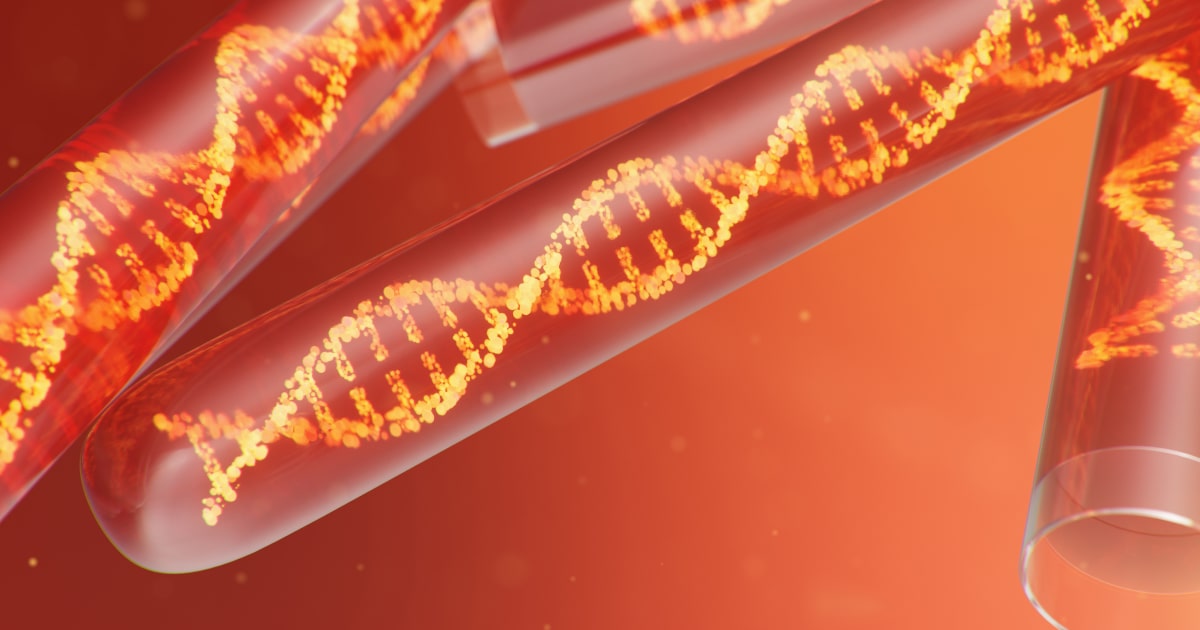
Expert Reviewed By: Dr. Brandon Colby MD
```htmlMalignant tumor of the urinary bladder, commonly known as bladder cancer, is a serious health condition that affects thousands of people worldwide. Understanding this disease, its diagnosis, and the role of genetic testing can be crucial in managing and treating it effectively. This article aims to provide a comprehensive overview for laypeople, helping them grasp the essentials of bladder cancer and how genetic testing can play a pivotal role in its management.
What is a Malignant Tumor of the Urinary Bladder?
A malignant tumor of the urinary bladder refers to cancer that originates in the tissues of the bladder. The bladder is a hollow organ in the lower abdomen that stores urine. Bladder cancer typically begins in the cells lining the inside of the bladder and can spread to other parts of the body if not treated promptly.
There are several types of bladder cancer, with the most common being transitional cell carcinoma (TCC), also known as urothelial carcinoma. Other types include squamous cell carcinoma and adenocarcinoma, which are less common but can be equally aggressive.
Diagnosing Bladder Cancer
Early diagnosis of bladder cancer is crucial for effective treatment and management. The following methods are commonly used to diagnose bladder cancer:
- Urinalysis: This test checks for blood and other substances in the urine that may indicate the presence of bladder cancer.
- Cystoscopy: A procedure where a thin, flexible tube with a camera (cystoscope) is inserted into the bladder through the urethra to visually inspect the bladder for tumors.
- Imaging Tests: Tests such as CT scans, MRI, and ultrasound can provide detailed images of the bladder and surrounding tissues to detect abnormalities.
- Biopsy: During a cystoscopy, a small tissue sample may be taken from the bladder for microscopic examination to confirm the presence of cancer cells.
The Role of Genetic Testing in Bladder Cancer
Genetic testing has emerged as a powerful tool in the diagnosis and management of various cancers, including bladder cancer. It involves analyzing a person's DNA to identify genetic mutations or alterations that may contribute to the development of cancer. Here are some ways genetic testing can be helpful for bladder cancer:
Identifying Genetic Predisposition
Genetic testing can help identify individuals who have a higher risk of developing bladder cancer due to inherited genetic mutations. For example, mutations in the FGFR3 and TP53 genes have been associated with an increased risk of bladder cancer. Knowing one's genetic predisposition can prompt earlier and more frequent screenings, potentially leading to early detection and better outcomes.
Guiding Treatment Decisions
Genetic testing can provide valuable information about the specific genetic alterations present in a bladder tumor. This information can guide oncologists in selecting the most effective treatment options. For instance, tumors with certain genetic mutations may respond better to targeted therapies or immunotherapies, which can improve the chances of successful treatment.
Monitoring Treatment Response
Genetic testing can also be used to monitor how well a patient is responding to treatment. By analyzing the genetic changes in the tumor over time, doctors can determine whether the cancer is responding to the treatment or if adjustments need to be made. This personalized approach ensures that patients receive the most appropriate and effective care.
Understanding Prognosis
Certain genetic mutations in bladder cancer can provide insights into the likely course and outcome of the disease. For example, tumors with mutations in the TP53 gene may be more aggressive and have a poorer prognosis. Understanding these genetic factors can help doctors and patients make informed decisions about treatment and management strategies.
Conclusion
Bladder cancer is a complex disease that requires a multifaceted approach for effective diagnosis and treatment. Genetic testing has become an invaluable tool in this regard, offering insights into genetic predisposition, guiding treatment decisions, monitoring treatment response, and understanding prognosis. By leveraging the power of genetic testing, healthcare providers can offer more personalized and effective care to patients with bladder cancer, ultimately improving their chances of successful outcomes.
For more information on bladder cancer and genetic testing, please consult your healthcare provider or a genetic counselor.
```About The Expert Reviewer
Dr. Brandon Colby MD is a US physician specializing in the personalized prevention of disease through the use of genomic technologies. He’s an expert in genetic testing, genetic analysis, and precision medicine. Dr. Colby is also the Founder of and the author of Outsmart Your Genes.
Dr. Colby holds an MD from the Mount Sinai School of Medicine, an MBA from Stanford University’s Graduate School of Business, and a degree in Genetics with Honors from the University of Michigan. He is an Affiliate Specialist of the American College of Medical Genetics and Genomics (ACMG), an Associate of the American College of Preventive Medicine (ACPM), and a member of the National Society of Genetic Counselors (NSGC)